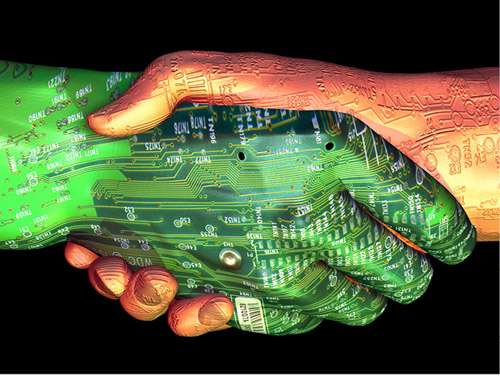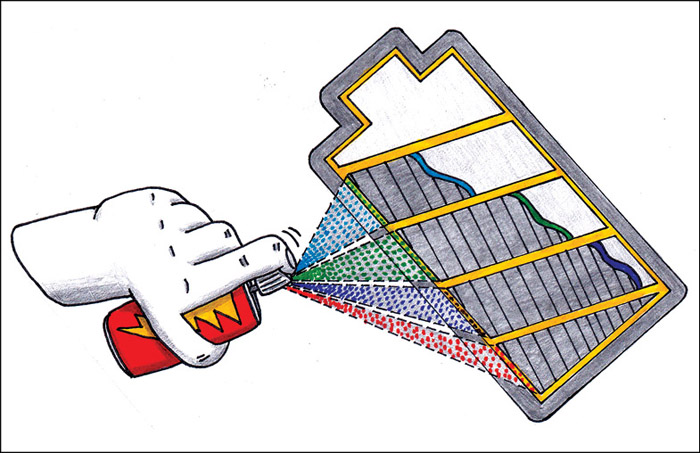[stextbox id=”info” caption=”8. Cyber-physical systems”]
Research areas: Physics, neuroscience
Application: Cyber-physical systems
According to Jayaram Pillai, managing director, National Instruments India, the high degree of integration between science and technology indicates the rise of cyber-physical systems in the future.
“The future of electronic systems is going to be a tighter integration of computation and physical processes—from simple general-purpose computing devices to intelligent, networked, rugged, embedded systems having physical interfaces to the real world through multiple sensors and being able to run analytics to learn and pre-empt potential scenarios,” he says.

Cyber-physical systems (Image courtesy: comm.utoronto.ca)
These systems would have physical components that are very different from software components, giving rise to a huge gap between domain experts and system developers. The only way out to address these challenges is to be able to raise the level of abstraction in defining the functionality of these systems. Defining the functionality of these systems at a graphical level enables complex systems to be built by experts who conceptualise them.
Cyber-physical systems could enable networked sensor-based systems and autonomous systems that can power intelligent medical systems, autonomous automotive and aerospace systems, and distributed self-learning robots that complement humans in their day-to-day activities.
[/stextbox]
[stextbox id=”info” caption=”9. Paint-like batteries”]
Research areas: Energy, chemistry
Application: Spray-paint battery
Imagine a special formulation painted on your laptop acting as a battery to power the device! Well, that appears to be another gift of science to the world of electronics.

Spray-painted power (Image courtesy: www.bwmag.in/spray-painted-power)
Scientists at Rice University, Houston, USA, have found a way of turning lithium-ion battery materials, such as copper, into a liquid form that can be applied to any surface to function as a power supply. They demonstrated battery-like capabilities of the liquid by applying it on glass, steel, ceramic, polymer and other such surfaces.
At present, however, the process of converting lithium-ion battery materials into liquid form is still hazardous and costly, making it unsuitable for large-scale use. The researchers would also have to explore less toxic compounds.
We hope the team—and others—will be able to find cheaper ways of doing so.
[/stextbox]






